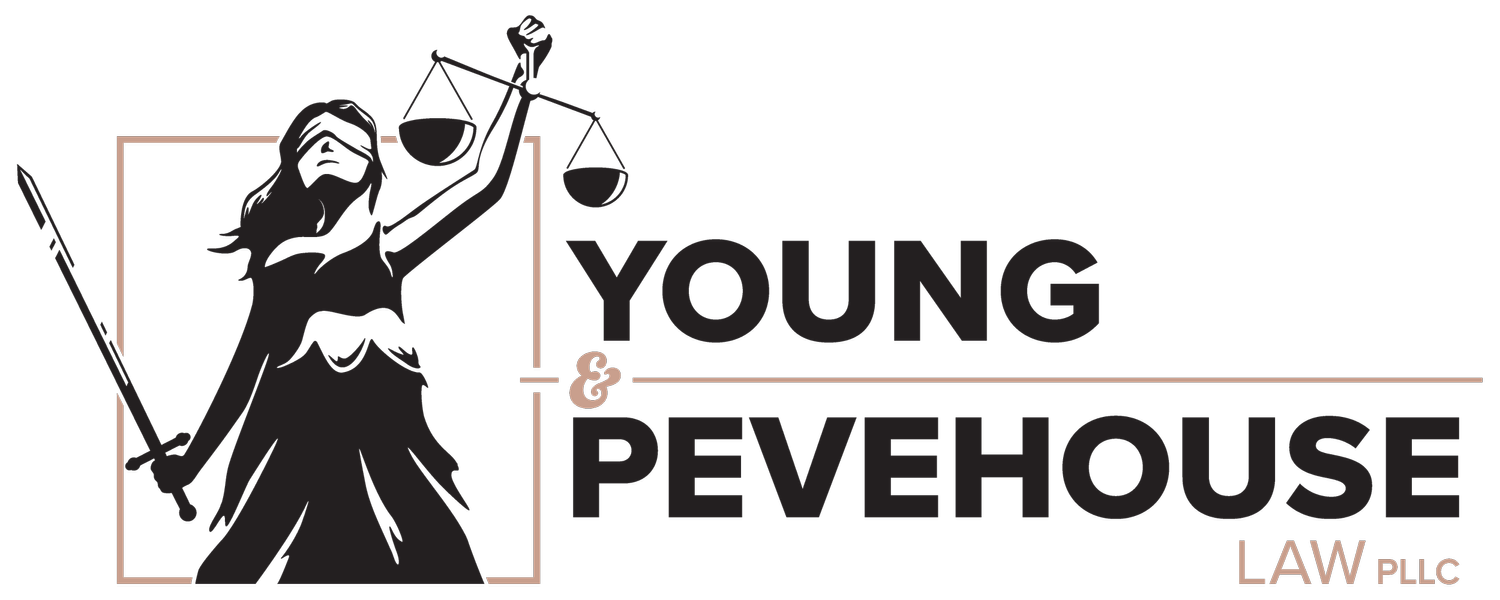Empowering Decisions: The Significance of Power of Attorney
Understanding Power of Attorney:
A Power of Attorney is a legal document that grants someone the authority to act on your behalf. It is a proactive measure, allowing you to designate an agent, often referred to as an attorney-in-fact, to make decisions for you in specific situations. There are different types of POAs, each catering to distinct aspects of your life.
Financial Power of Attorney:
This type of POA authorizes your chosen agent to manage your financial affairs. This could include handling bank accounts, real estate transactions, paying bills, and managing investments. It's a crucial tool, especially in situations where you may become incapacitated or unable to manage your financial matters independently.
Medical Power of Attorney:
Also known as a healthcare proxy, a Medical Power of Attorney grants authority over medical decisions if you are unable to make them yourself. Your chosen agent will work closely with healthcare providers to ensure your medical wishes are followed, covering aspects like treatment options, surgeries, and end-of-life decisions.
Durable Power of Attorney:
Durable Power of Attorney is a feature in both financial and medical POAs. Unlike a regular POA, which becomes invalid if you become incapacitated, a durable version remains in effect, offering continuity in decision-making during challenging times.
Choosing Your Attorney-in-Fact:
Selecting the right person as your attorney-in-fact is a critical decision. This individual should be someone you trust implicitly, understands your values, and is capable of handling the responsibilities associated with the role. Open communication is key to ensure they understand your preferences and are prepared to act in your best interest.
The Importance of Advance Planning:
Waiting until a crisis occurs to establish a Power of Attorney can be a risky proposition. Advance planning allows you to make thoughtful decisions, ensuring that your chosen representative is well-informed and adequately prepared.
Conclusion:
The Power of Attorney is a versatile and powerful tool in estate planning. It is a proactive step towards preserving your autonomy and ensuring your wishes are honored, even when you cannot voice them yourself. In our next installment, we'll dive into the realm of health care directives, illuminating the significance of expressing your medical wishes in advance. Stay tuned for insights into preserving your well-being through thoughtful planning.

